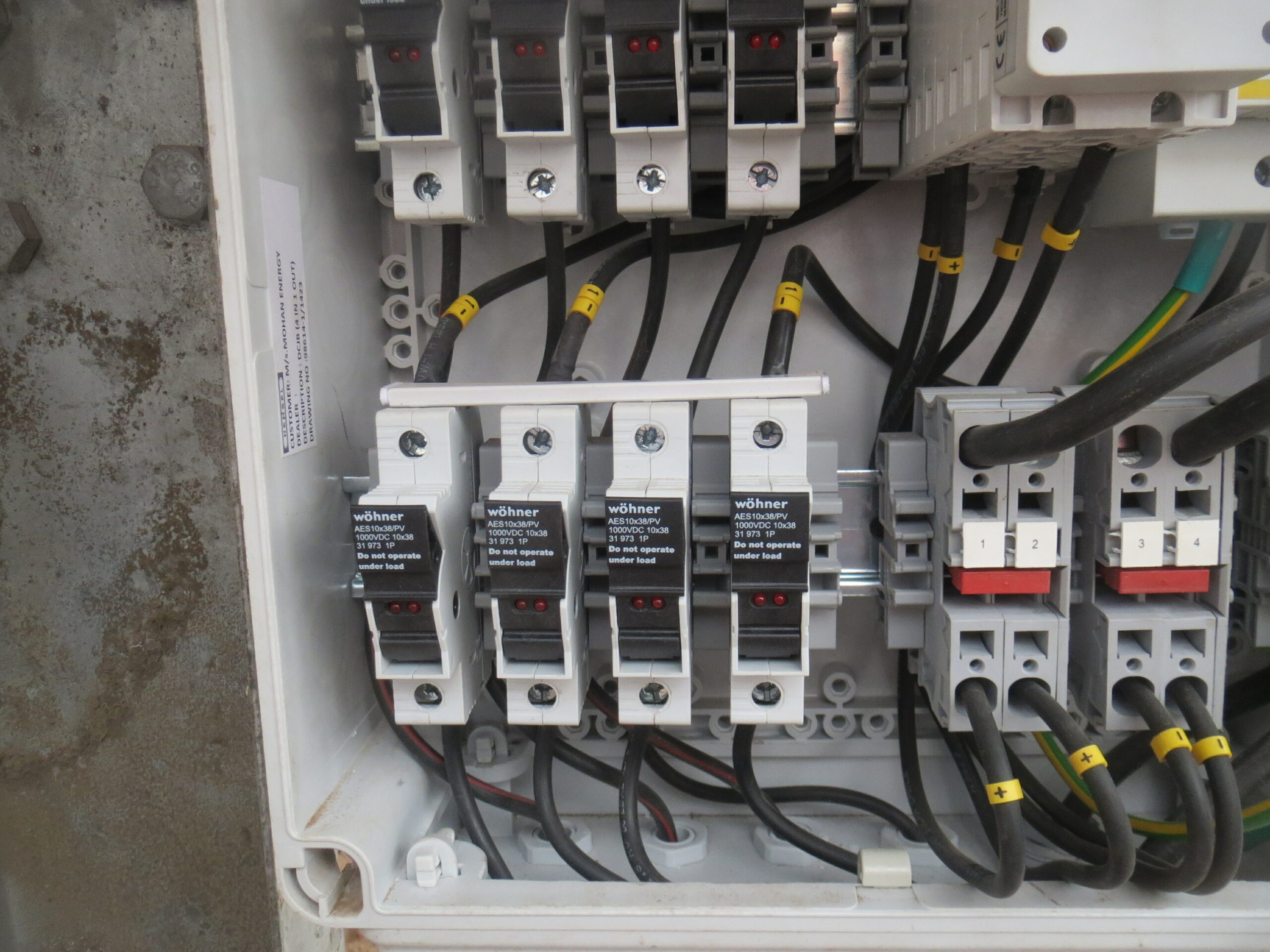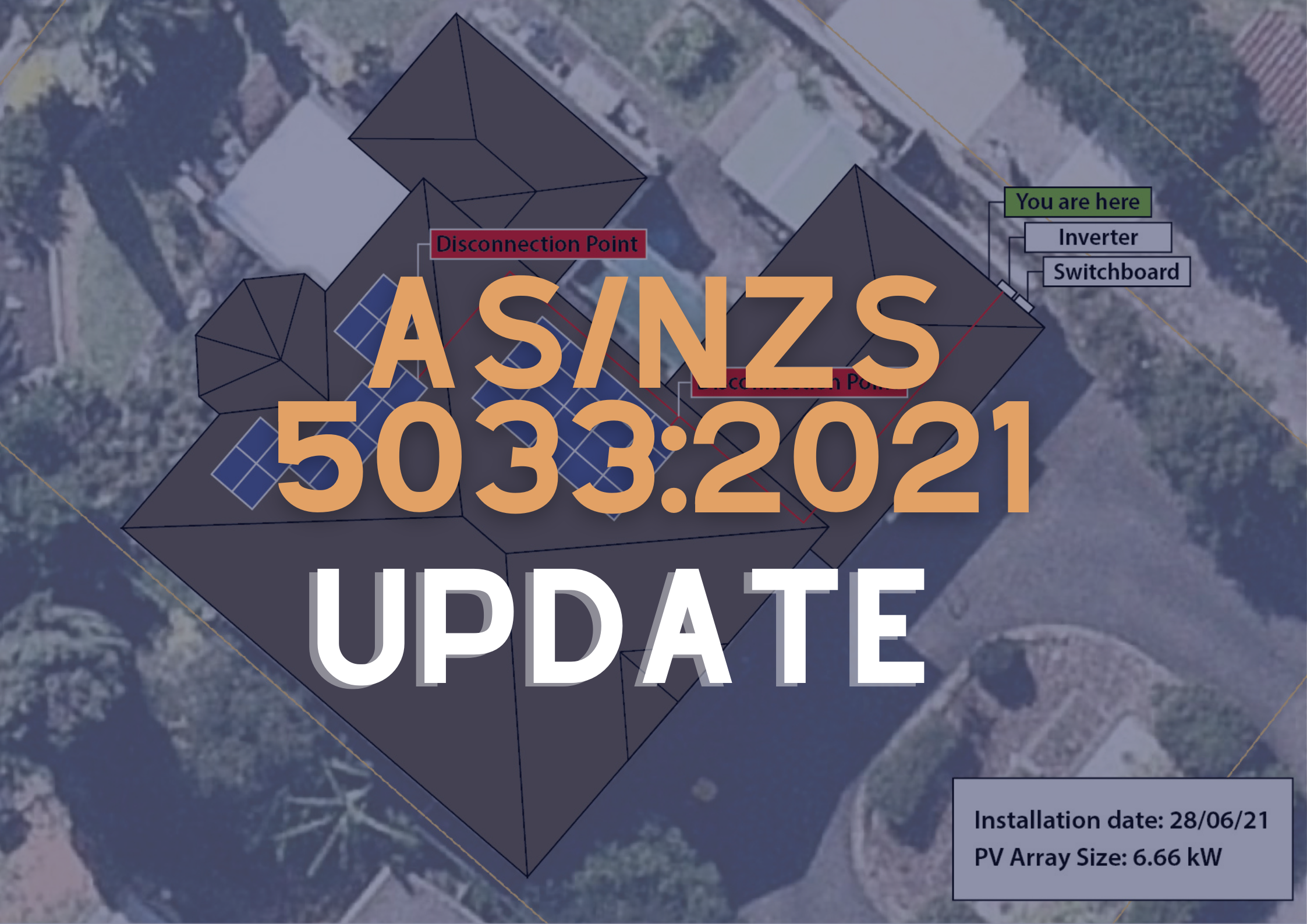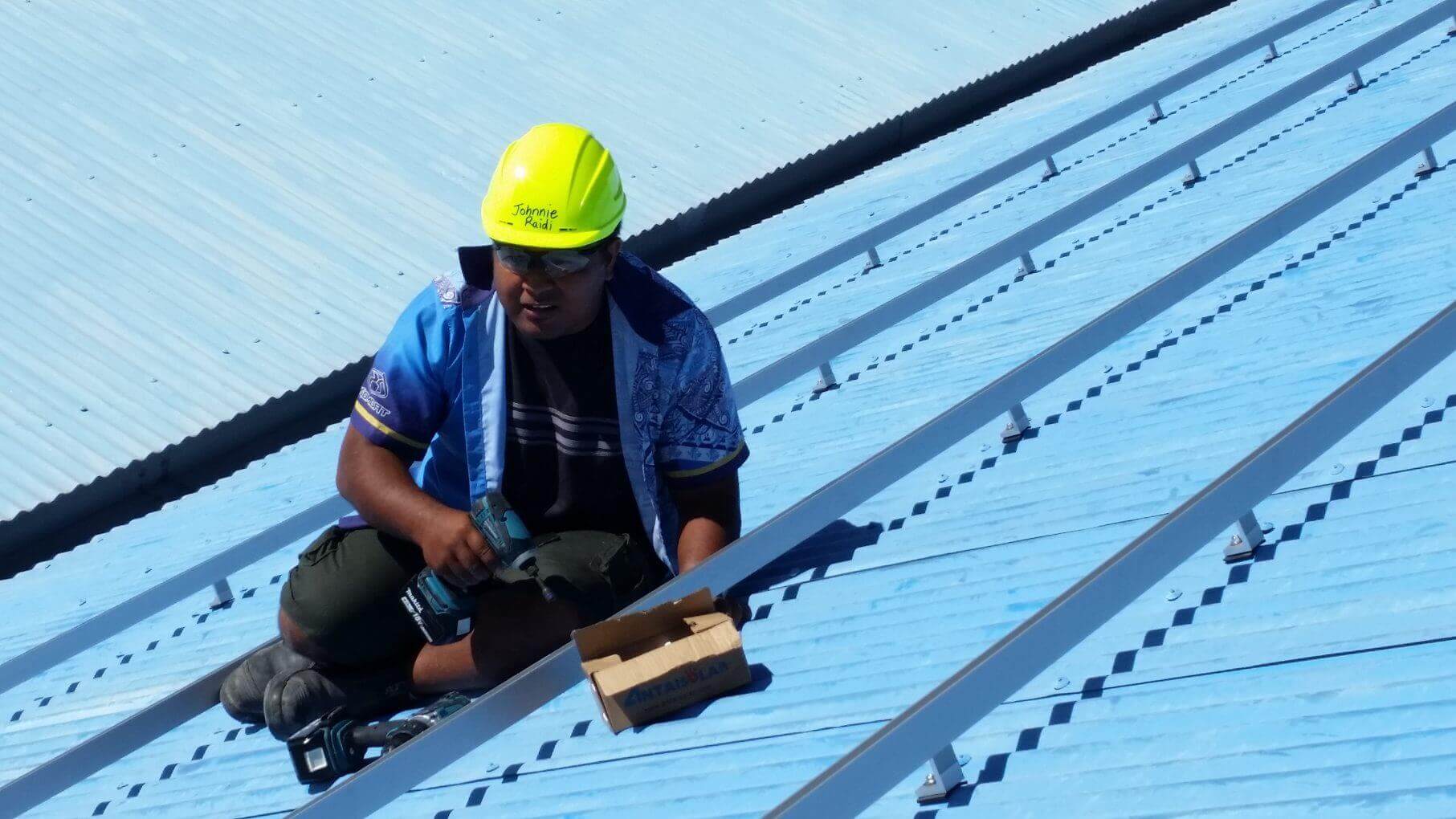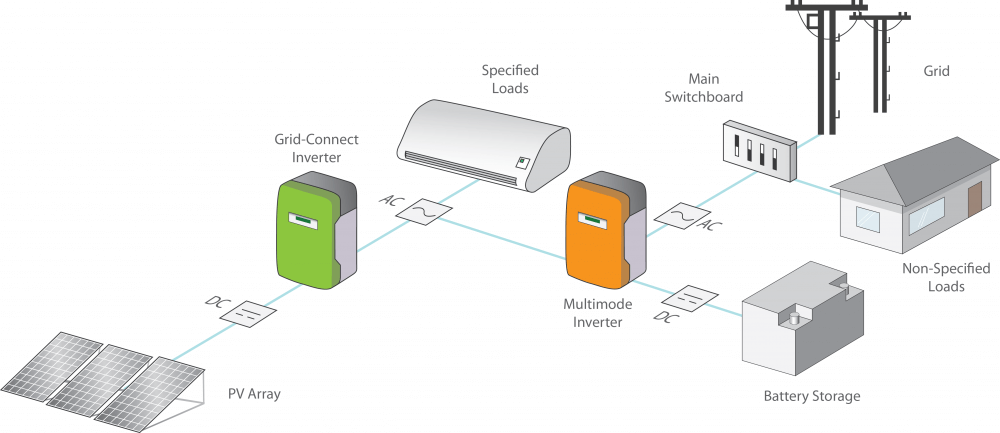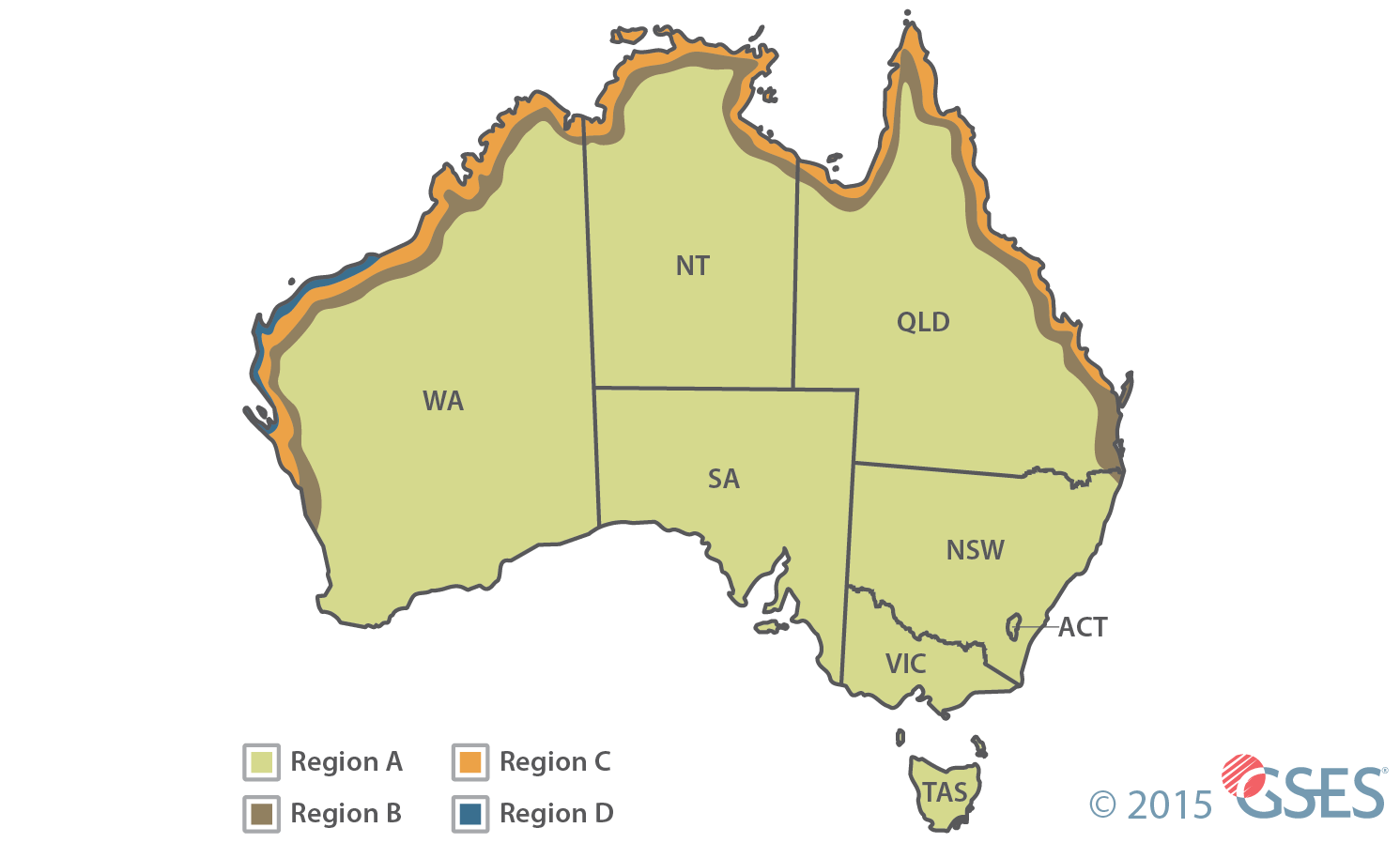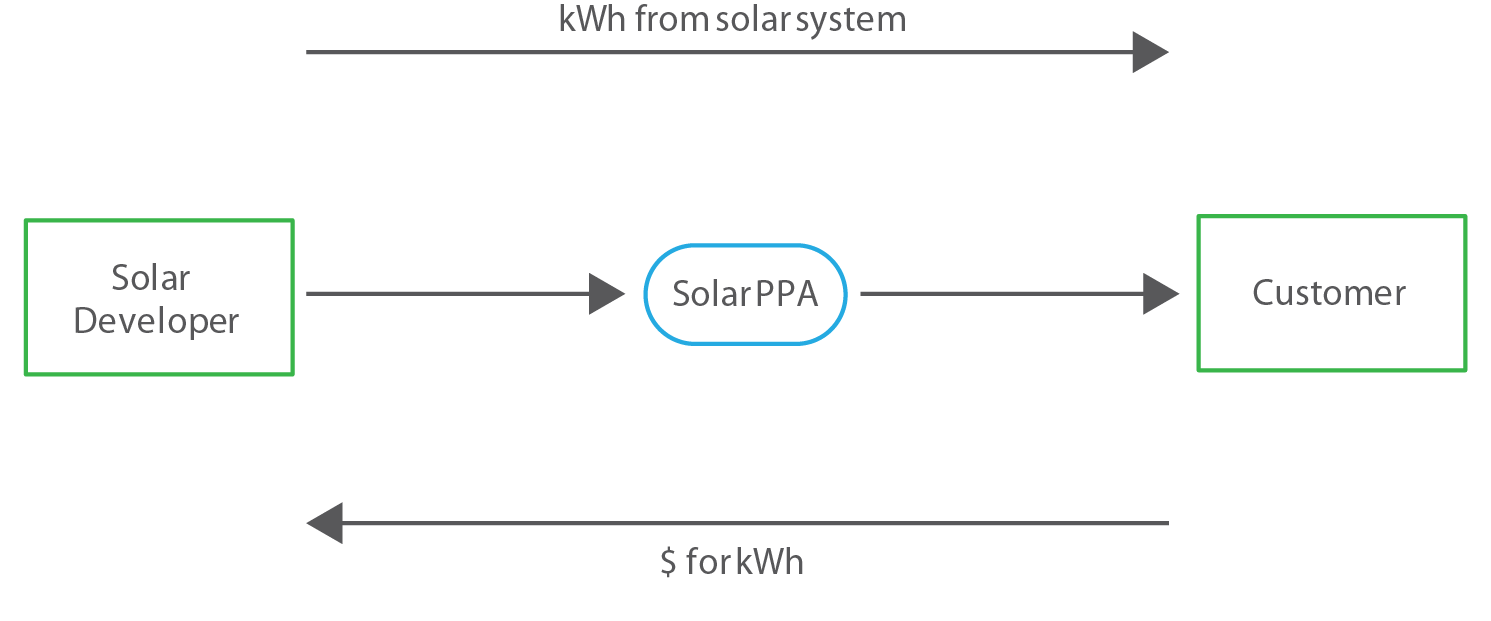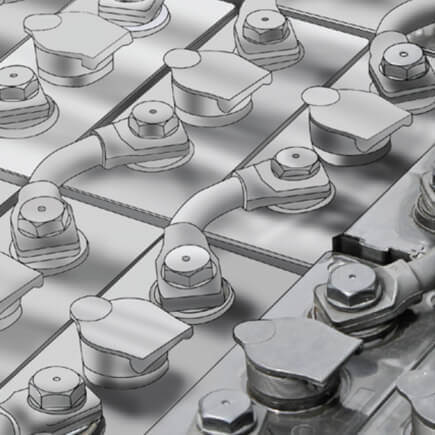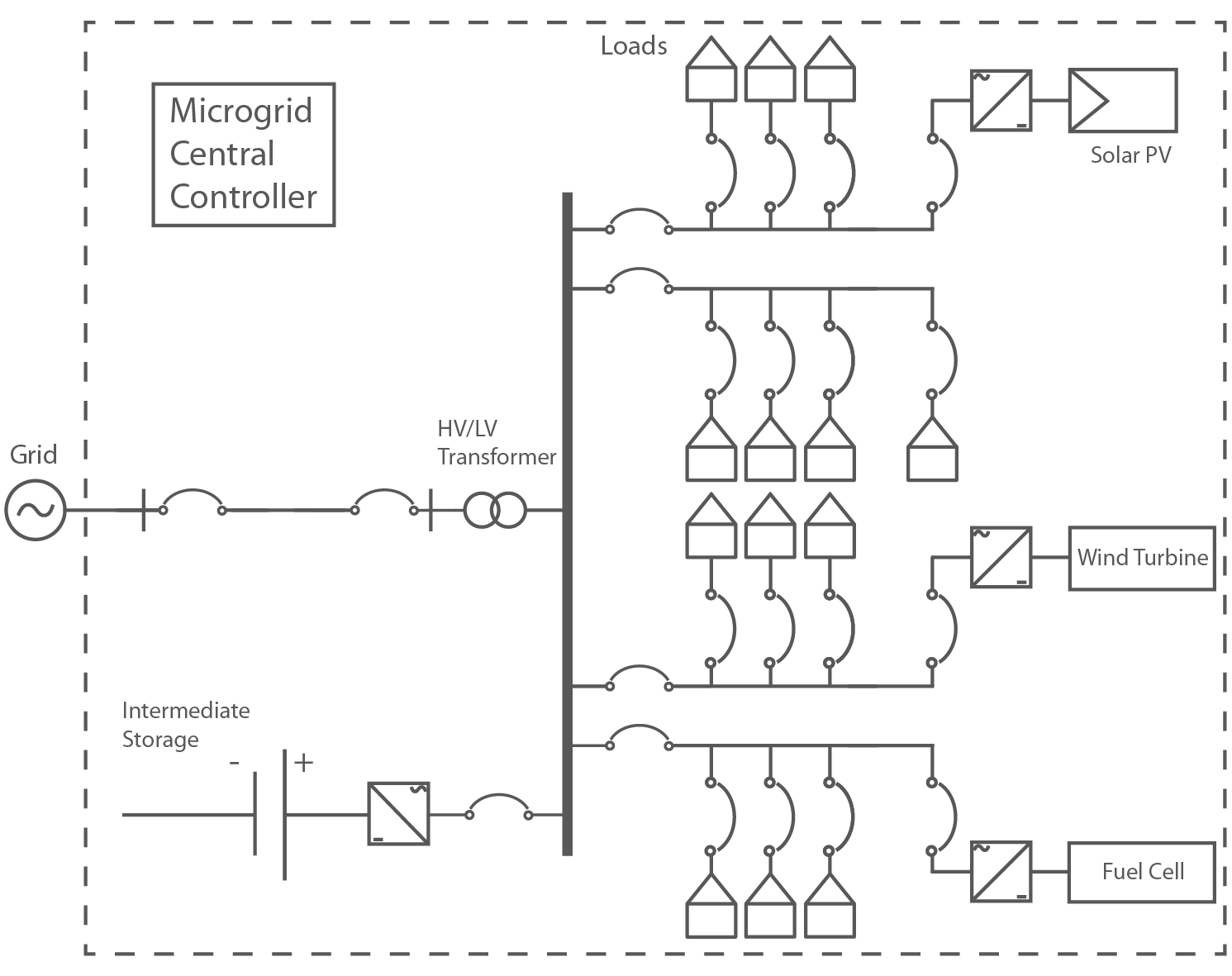If you are an accredited solar designer or installer, or aspiring to be one, you may have heard of CPD points. This article will run you through what CPD points are, and how you can earn them to ensure you maintain your solar accreditation. What are CPD points? The Continuous Professional Development (CPD) programme has […]
Tag: training
PV overcurrent protection changes from AS/NZS 5033:2014 to 5033:2021
The requirements for DC overcurrent protection seem to have changed a lot in the AS/NZS 5033:2021 update upon first glance. But most of these changes are just rearrangement and new notation. This article will explain the old and new requirements. Skip to: AS/NZS 5033:2014 requirements AS/NZS 5033:2021 requirements Comparison of AS/NZS 5033:2014 and AS/NZS 5033:2021 […]
Deep dive on the new AS/NZS 5033:2021 Updates
AS/NZS 5033:2021 Update – What You Need to Know As part of the solar industry, you’re probably accustomed to the 2014 version of the standard, which had two amendments published in 2018. In November 2021, this standard was updated to reflect the rapid growth of this industry and provide updated safety practices. Knowledge is power, […]
GSES Training: PV Gains a Further Foothold on Nauru
GSES has conducted PV system installation training on Nauru twice. The most recent training session was conducted by Dr. Rick Potter in November 2016.Nauru is a tiny island located just half a degree south of the equator and east of Papua New Guinea and the Solomon islands. The island is only 21 km² and one […]
GSES in Brisbane! Grid Connect Solar and Battery Storage: Training Course delivery in Brisbane
GSES recently completed a purpose-built trailer to deliver the practical training components for: Grid Connect PV Systems: Design and Installation Grid Connect PV Systems with Batteries: Design and Installation GSES has joined forces with Master Electricians Association and Careers Australia to deliver this training in Queensland. How then to provide the best working examples of these two […]
Professional Development for the Energy Storage Industry – Who needs it?
The ever increasing publicity and media surrounding ‘Energy Storage’ is promulgated by all sectors of the energy market: industry journalists, network operators, energy retailers, equipment retailers, wholesalers, system designers, and installers. What training is currently available for the energy storage industry? From GSES’ perspective, as an engineering consultancy and training company, the additional knowledge and […]
PV Training challenges & how they affect installations
Since being established in 1998, GSES has focused on assisting the growth of Australian and international PV industries by providing quality training. GSES is recognised for its expertise in providing the training required for grid-connected PV design and install accreditation. In training many electricians and engineers, GSES has identified certain areas that prove to be […]
Solar Power Purchase Agreements
Solar Power Purchase Agreements (PPAs) are a financing model that has the potential to transition those operating as suppliers of energy-generating equipment to the role of the more traditional energy retailer. This transition will see solar installers mature commercially to become solar developers. PPAs have been around for many years and are widely used in […]
New CEC Endorsement Proposed for Grid Connected PV with Batteries: Training Requirements
New nationally recognised units of competency have been released in draft form setting out the knowledge and skills required for the design and installation of grid-connected PV systems with battery storage. The CEC has indicated that it will recognise completion of this training as an endorsement to Grid Connect PV Design and Installation accreditations: participants […]
Microgrid: A solution to the aging grid infrastructure
The business community and consumers are continually expressing their concern regarding climate change, energy security and the increasing price of electricity. Within these scenarios, renewable energy technologies increasingly present themselves as viable alternatives. With the increased penetration of renewable generation sources on the electricity network, the aging grid infrastructure can struggle to cope with the […]


